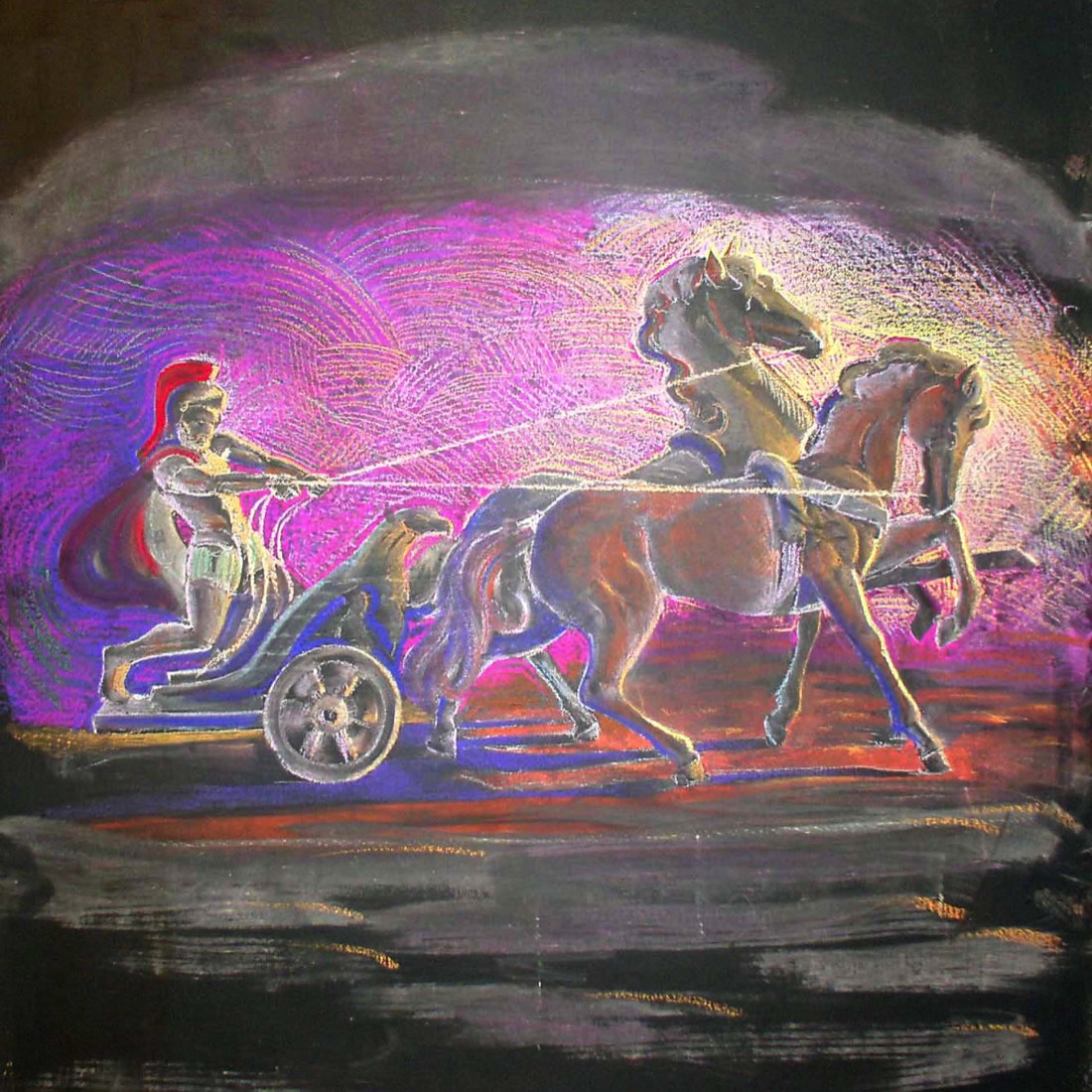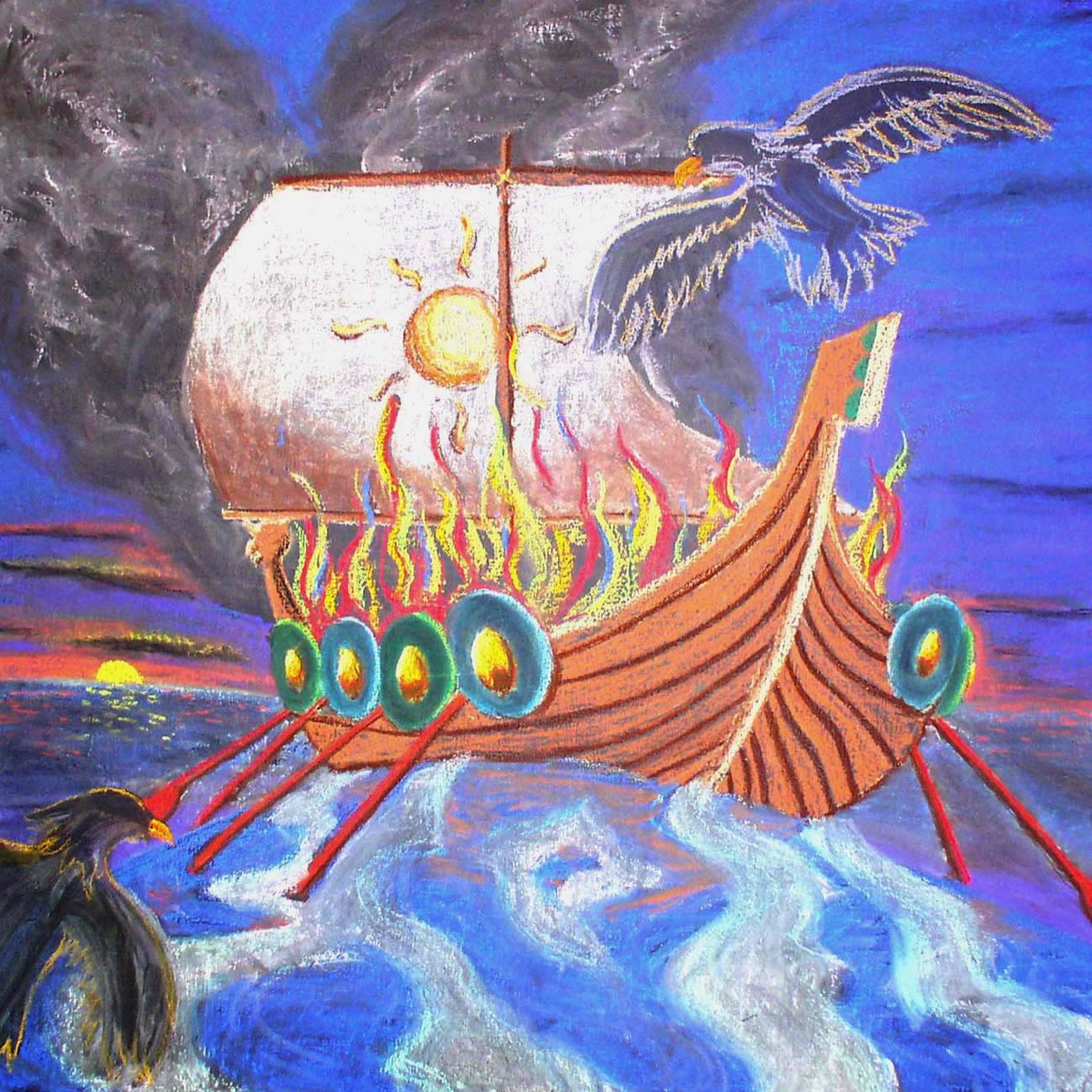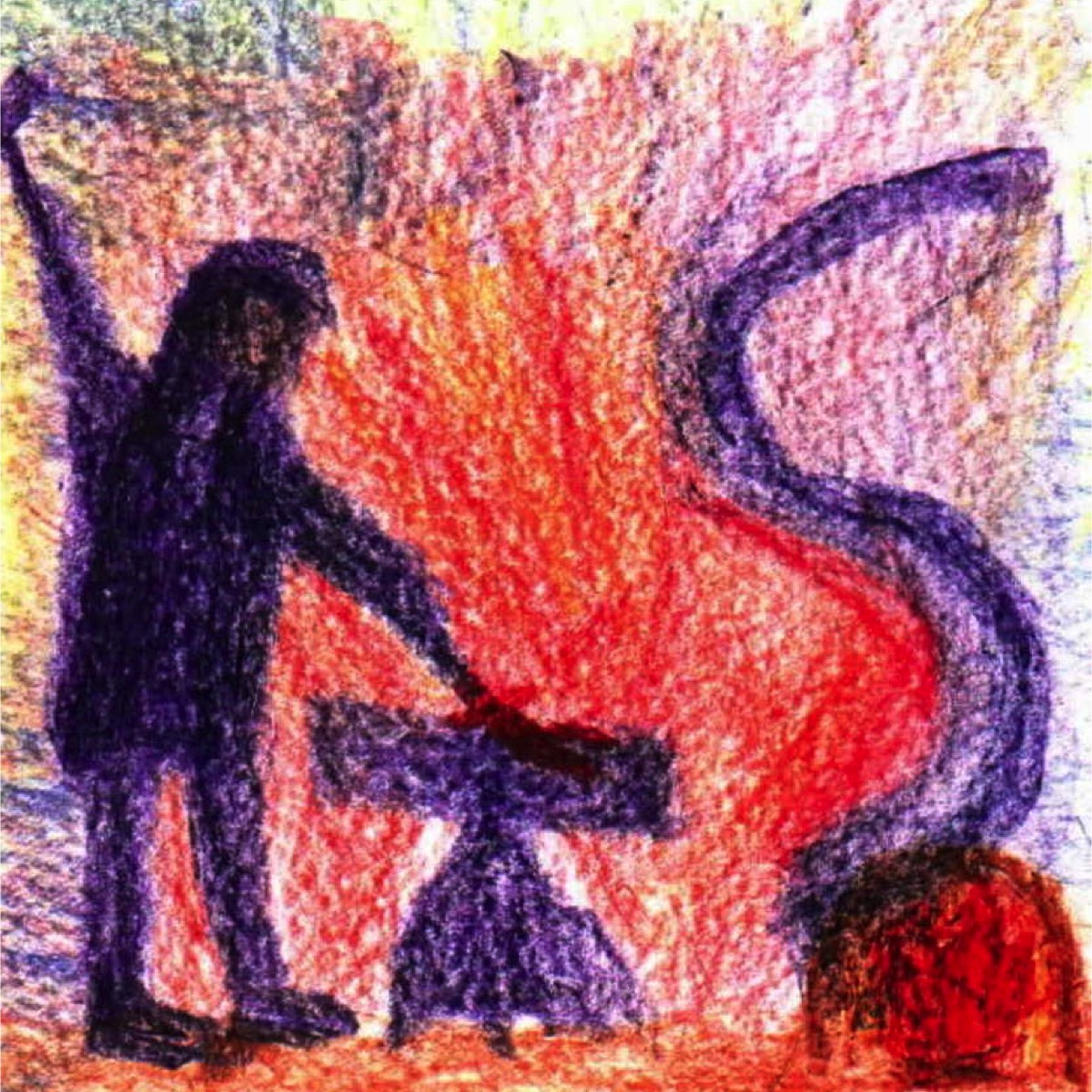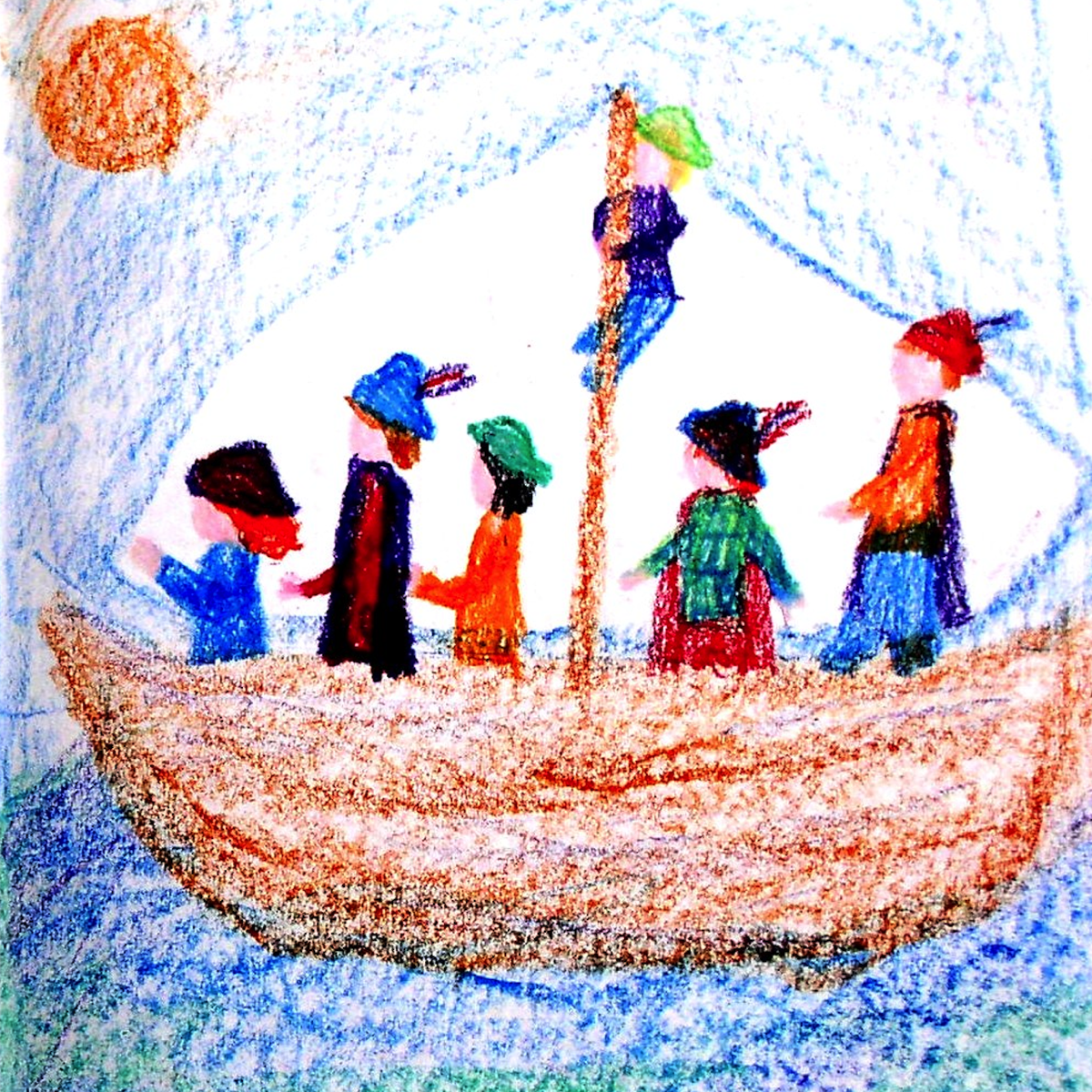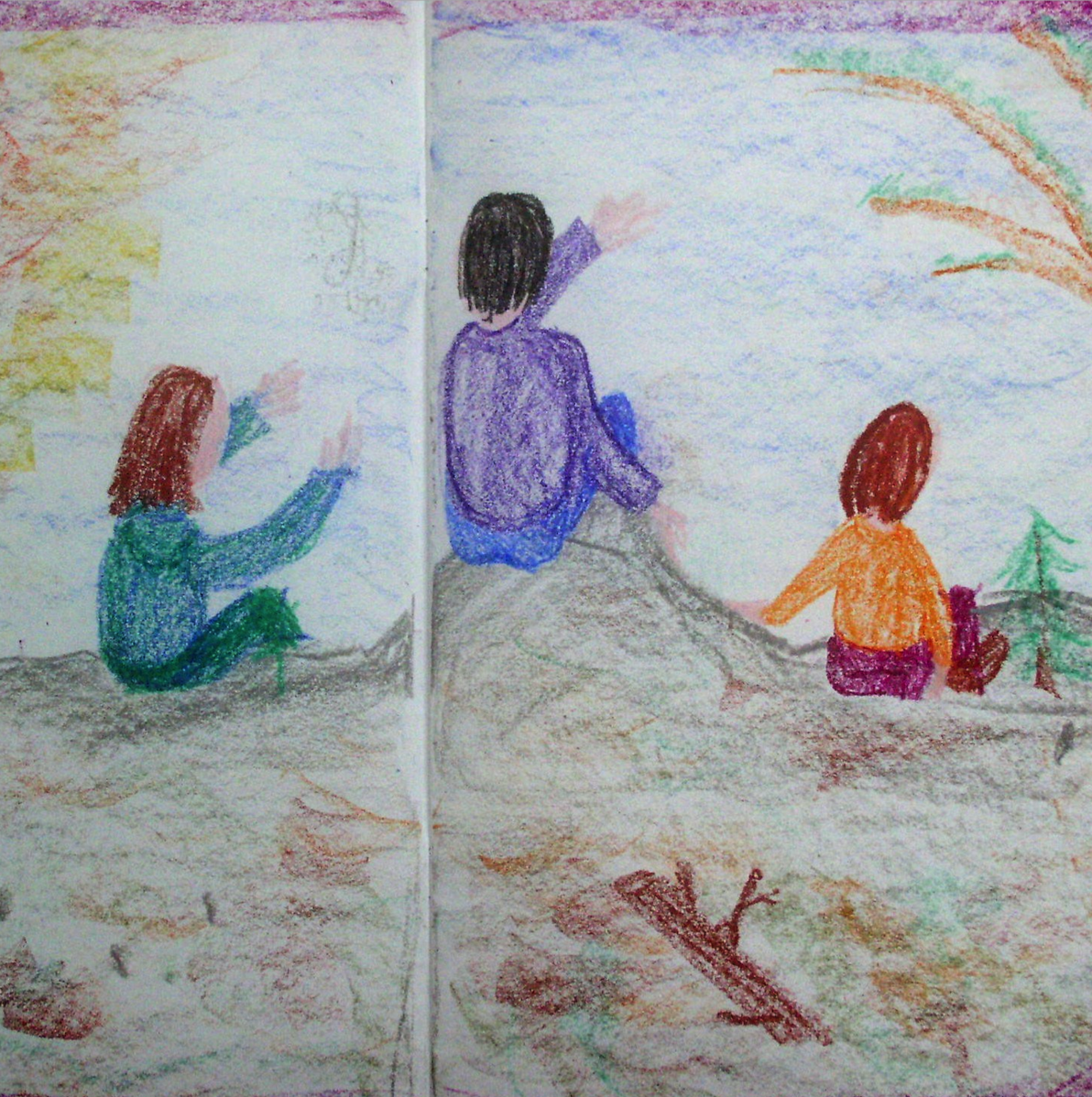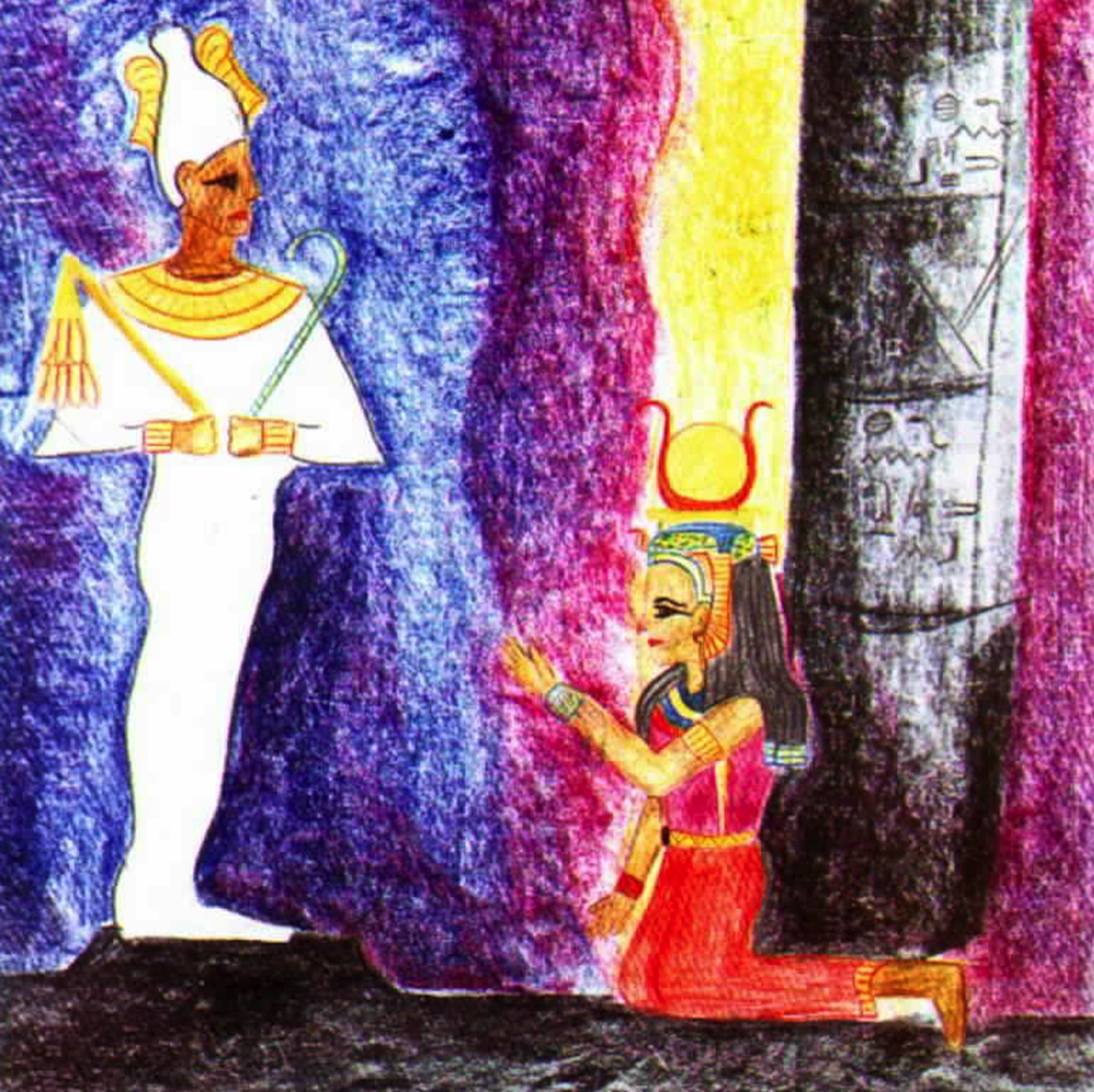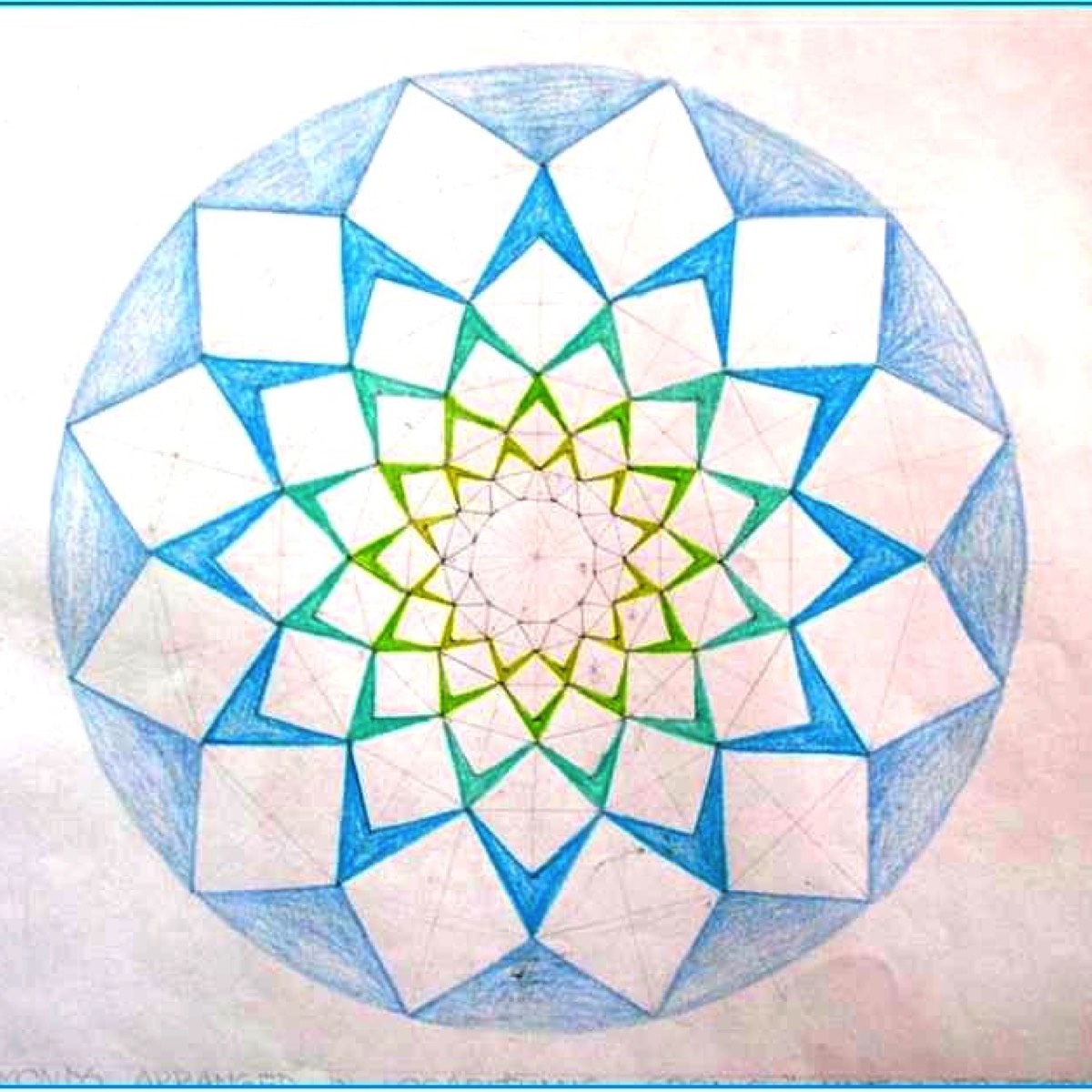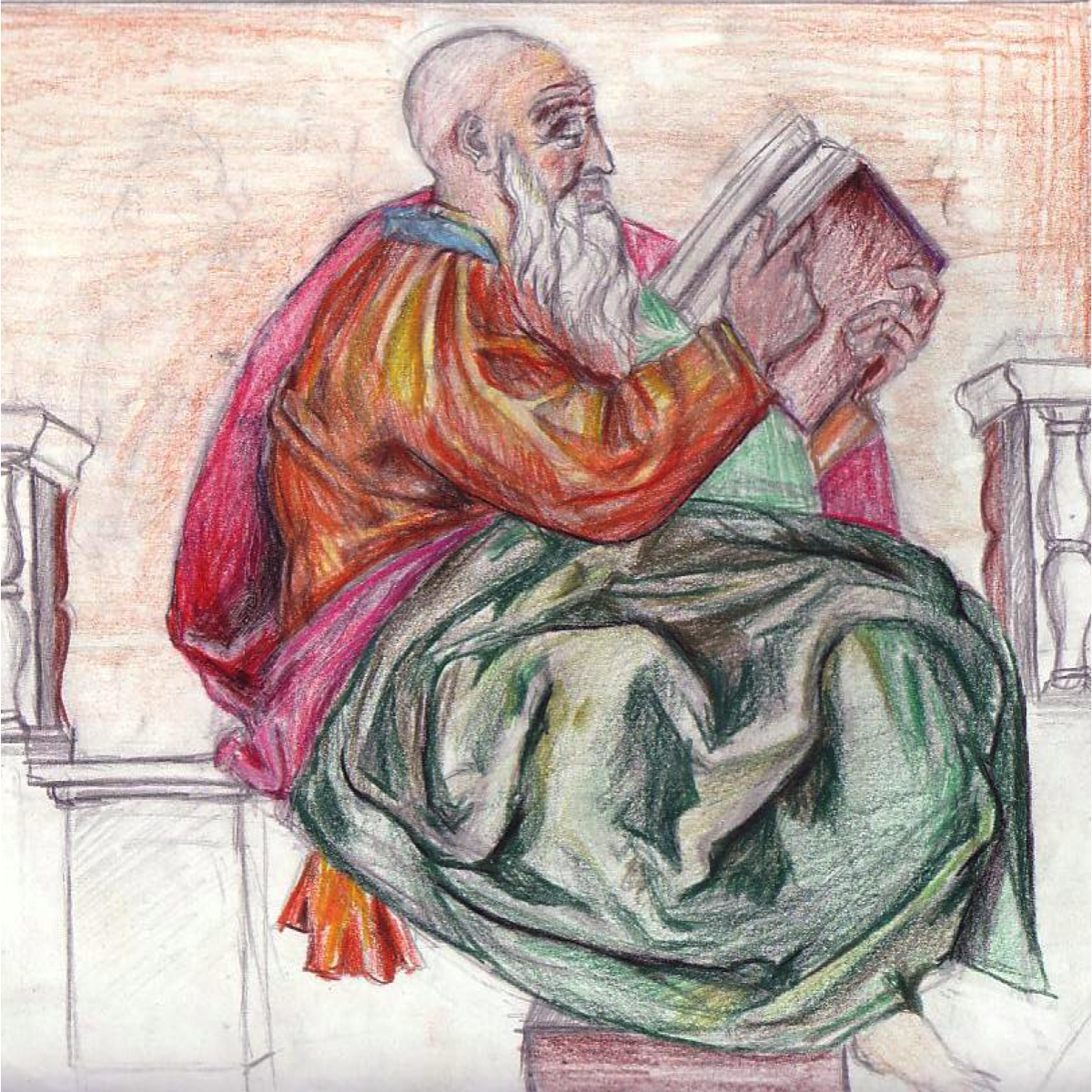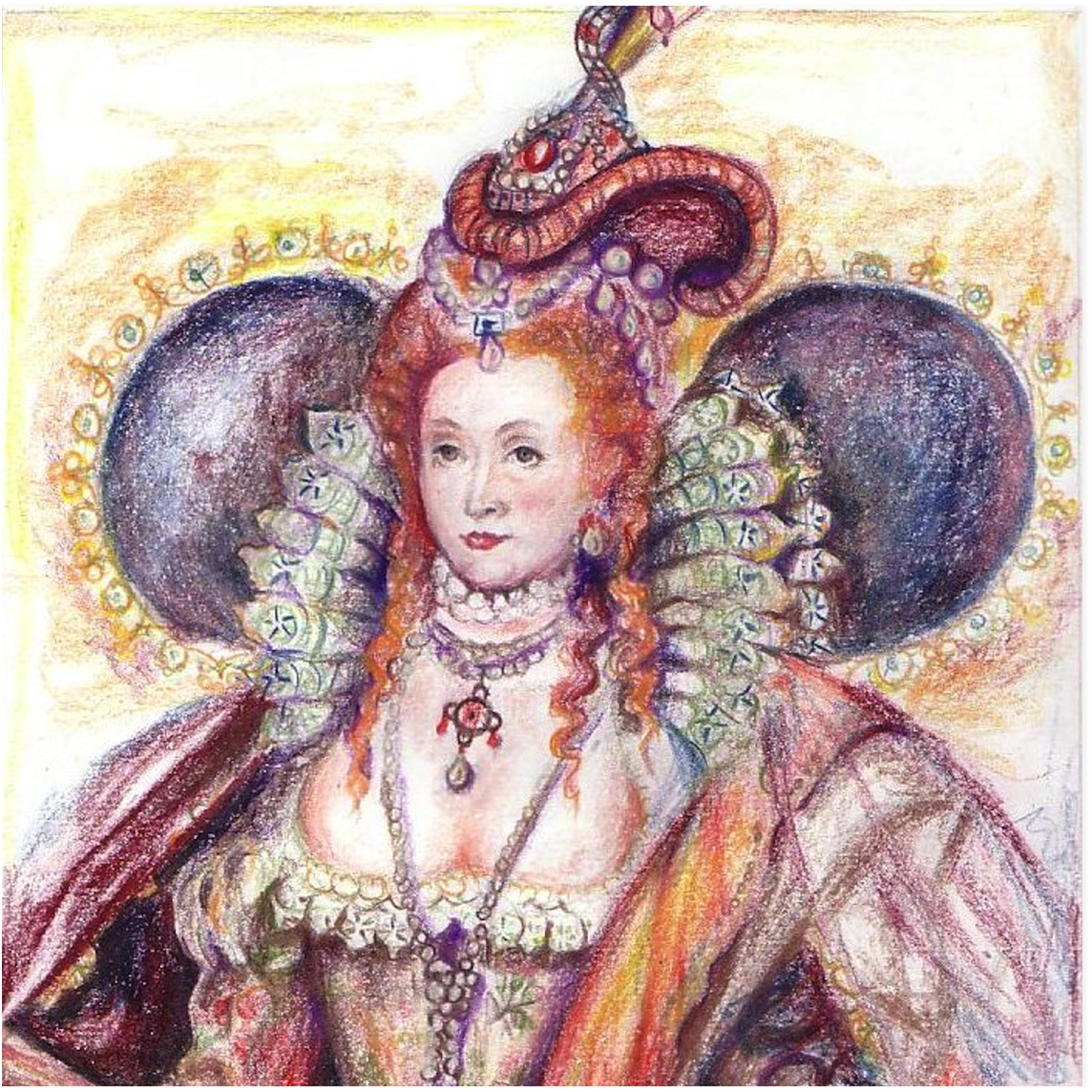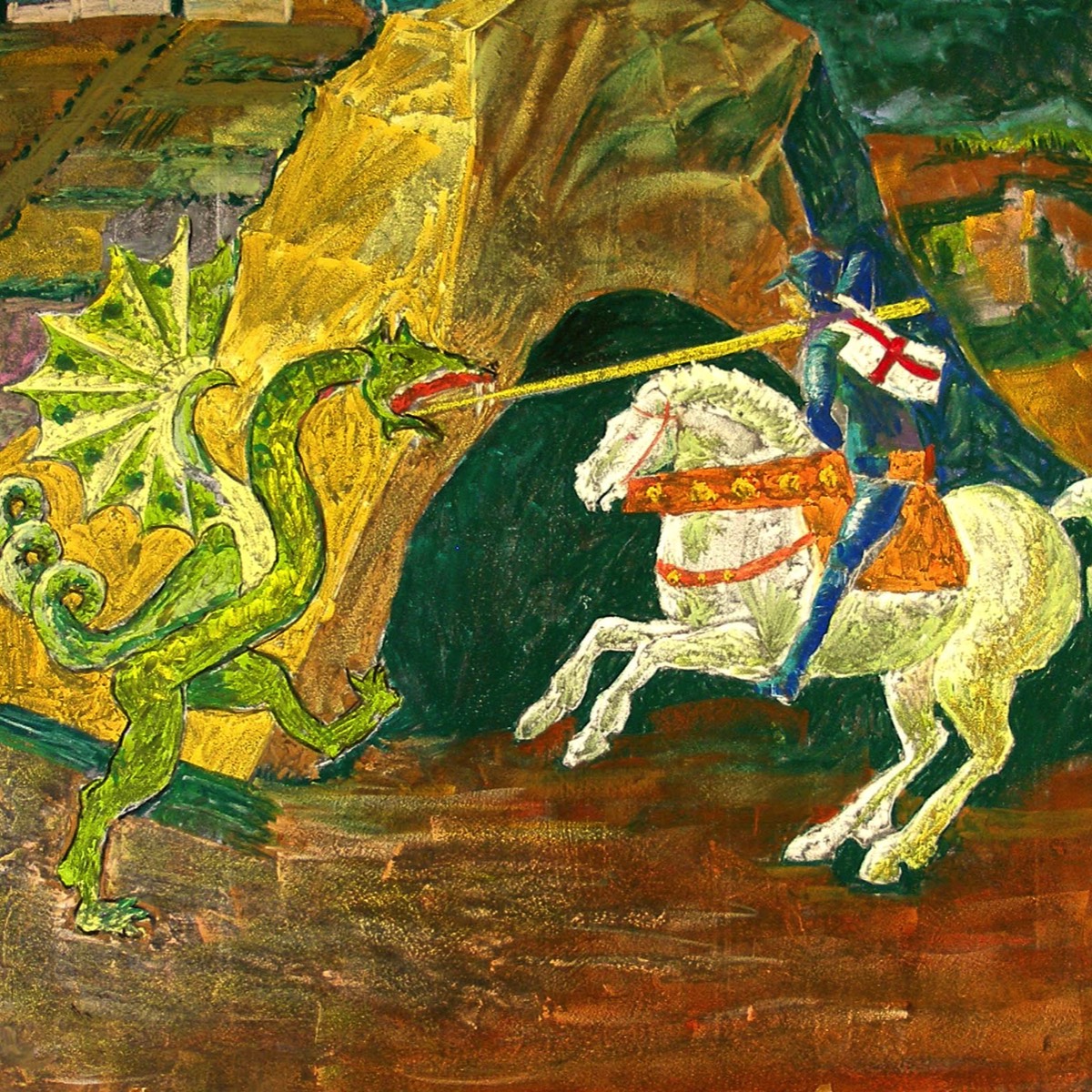The Online Conferences
Grades One through Eight
June 1 to September 30
December 1 to February 28
About the Online Conferences
The Online Conferences are not merely a substitute for “live” conferences. Rather, they are a re-imagination of what a teachers’ conference can be. They utilize audio files of lectures, slideshows of student work, and training films that allow participants to closely follow a master teacher’s detailed approach to Form Drawing or painting, games or songs, and demonstrations of Physics or Chemistry. . . .
-
FAQs
- Some Helpful Articles:
FAQs
Learning in Style
Time & the Teacher
Eight Questions
Meet the Online Conferences Faculty
Unlike other summer conferences, which rely on a large faculty of people who specialize in one or two subjects, the Online Conferences are led by generalists, who are able to integrate all of the subjects of a given year and help you bring wholeness to your students. Our four instructors encompass a total of over 90 years of teaching experience in established and developing schools . . .
The Online Grade One Conference
We begin our exploration of Grade One with an in-depth presentation of Rudolf Steiner's picture of child development. Unique "Teachers Guide" videos reveal the central role played by storytelling, songs, and games, and give detailed and practical guidance in how to teach Form Drawing and representational drawing, how to introduce numbers and arithmetical operations, and how to "paint with patience." And learn why you should put "Cultivating Relationships with Parents" at the top of your Grade One to-do list. In addition, every subject is accompanied by scores of examples of main lesson book pages presented and analyzed by Eugene.
Tap on the buttons below for a detailed look at the Grade One Conference and its contents.
The Online Grade Two Conference
The inevitable fractures that can tear a Grade Two class asunder may actually be a healthy sign, and our segments on child development explain why. And, as in Grade One, the teacher's work with parents is often more important than her work with her students. We demonstrate why the oft-neglected Saints should be central in the second grade curriculum, and why it is still wise to proceed slowly and methodically with reading. We will help you with the challenging dualities of this grade. In addition, every subject is accompanied by scores of examples of main lesson book pages presented and analyzed by Eugene.
Tap on the buttons below for a detailed look at the Grade Two Conference and its contents.
The Online Grade Three Conference
Although the "Nine-Year Change" has become little more than a cliche among Waldorf teachers, our insightful study of the relationship between the third grader's etheric and astral bodies will make the change come to life. We contend that the children's immersion in the Hebrew Scriptures is the most important narrative experience that they will have in grades 1-8, and our ten hours of lectures on that subject will inspire you to look at those stories with fresh eyes. Our exploration of the Practical Arts and Measurement blocks may be revelatory to you, and our approach to Grade Three arithmetic will help you help those still struggling with the basics. As always, every subject is accompanied by scores of examples of main lesson book pages presented and analyzed by Eugene.
Tap on the buttons below for a detailed look at the Grade Three Conference and its contents.
The Online Grade Four Conference
The almost explosive liveliness of the fourth grader is reflected in the Norse Myths that serve as the year's thematic material, but the inception of Zoology, the first science block studied by Waldorf students, points to a growing separation from the surrounding world and the dawn of the intellect. We point to the study of fractions as a touchstone for the interplay of the etheric and astral forces, and explore braided and knotted form drawings as an effort to harmonize those polarizing energies. Geography, as you will see, assists the child's intensifying incarnation, and is of central importance not only to the fourth grader, but to her angel as well. As always, every subject is accompanied by scores of examples of main lesson book pages presented and analyzed by Eugene.
Tap on the buttons below for a detailed look at the Grade Four Conference and its contents.
The Online Grade Five Conference
The sometimes tenuous balance of the etheric and astral bodies of the eleven-year old is a once-in-a-lifetime event that gives this grade its unique qualities. The study of Ancient Cultures connects the fifth grader's individual memory with the collective memory of humanity. The transition from the mythologies of India, Persia, and Egypt to the centrality of real-life historical figures like Pythagoras and Themistocles, Socrates and Aristotle, marks the end of childhood and the onset of puberty. Botany speaks to the fifth grader's vibrant life forces, soon to be subsumed by the catabolic energy of the astral body. Freehand Form Drawing draws upon the harmonies of Greek designs and freehand geometry. As always, every subject is accompanied by scores of examples of main lesson book pages presented and analyzed by Eugene.
Tap on the buttons below for a detailed look at the Grade Five Conference and its contents.
The Online Grade Six Conference
The child's crossing into age twelve is no less momentous for their development than the nine-year change, yet it is much less understood. We bring some revelatory research about the twelve year-old to this conference and show how it permeates every subject in the Grade Six curriculum. We explore the interplay of conformity and individuality in Geometric Drawing, the polarities of Mineralogy and Astronomy, the relationship of the outer and inner world in Physics, and the tension between temperament and personality in the classroom. The epic sweep of History, from Aeneas and the founding of Rome, Caesar and Christ, to the rise of Islam and the flowering of the Middle Ages, sets the stage for the sixth grade year. As always, every subject is accompanied by scores of examples of main lesson book pages presented and analyzed by Eugene.
Tap on the buttons below for a detailed look at the Grade Six Conference and its contents.
The Online Grade Seven Conference
Of all the grades, the Seventh Grade presents the most perfectly integrated curriculum. The overarching theme of the Renaissance is echoed in the sciences (Human Physiology, laboratory science), in Geography (the Age of Exploration), in Perspective Drawing, and in the study of Algebra, which was not widely used until the 15th century. Our Grade Seven Conference not only shows you how to expand your students' horizons, but helps you immerse yourself in the Renaissance spirit through a unique Art History mini-course: five slideshows presenting major artists from Giotto and Brunelleschi to Leonardo, Michelangelo, and Raphael, with commentary by Eugene Schwartz. Three videos with Meg Chittenden present three stimulating approaches to teaching your class to draw, while Roberto Trostli's engaging science videos will give you the confidence you need to teach a range of Physics and Chemistry classes. The "karmic crisis" to which Eugene pointed in Grade Six continues to resonate in Grade Seven, and we provide guidance on how to meet your students as they encounter puberty. As always, every subject is accompanied by scores of examples of main lesson book pages presented and analyzed by Eugene.
Tap on the buttons below for a detailed look at the Grade Seven Conference and its contents.
The Online Grade Eight Conference
No two Waldorf school eighth grades are alike, because by that point the individual strengths and weaknesses of the class teacher and the collective capacities and shortcomings of the students have created an entity that defies the rules of any "Eighth Grade Curriculum." With this in mind, Eugene Schwartz and Roberto Trostli have developed a Grade Eight Conference that gives you more than you need. Its 65 hours of content include the richest array of History lectures to be found anywhere, ranging from the War of the Roses, the Reformation, and the Counter-Reformation to the Civil War. Eugene has developed a truly 21st century approach to bringing together the history of science with the teaching of Cosmology, Anatomy, Meteorology, and Technology that will give students a clear picture of the challenges of our tech-centered age. Mathematics and Geometry, the cultural geography of Russia and China, and insightful advice about meeting the soul and spirit of the eighth grader. (We even provide some tips to help you raise funds for that all-important Class Trip!) As always, every subject is accompanied by scores of examples of main lesson book pages presented and analyzed by Eugene.
Tap on the buttons below for a detailed look at the Grade Eight Conference and its contents.
The Online Grades 1-4
Special Subjects Teachers Conference
Special Subject teachers in the Waldorf setting are not only expected to understand and nurture the children in their classes, but, unlike the class teacher, who works with one grade at a time, specialists must work with several grades — sometimes with all eight grades. And very often special subject teachers have not had the benefit of a Waldorf training, or even the possibility of attending a summer conference to give them the general pedagogical support they need — until now!
Although the Special Subjects Teachers Conference for Grades 1-4 will not go into your particular subject, it will guide you through the complexities of the Waldorf curriculum for the first four grades. Excerpts from the Online Conferences attended by class teachers will help you learn about child development, the significance of the main lesson, the curriculum that underlies every grade, and gain valuable insights into Waldorf pedagogy.
Tap on the buttons below for a detailed look at the Special Subjects Conference for Grades 1-4 and its contents.
The Online Grades 5-8
Special Subjects Teachers Conference
Special Subject teachers in the Waldorf setting are not only expected to understand and nurture the children in their classes, but, unlike the class teacher, who works with one grade at a time, specialists must work with several grades — sometimes with all eight grades. And very often special subject teachers have not had the benefit of a Waldorf training, or even the possibility of attending a summer conference to give them the general pedagogical support they need — until now!
Although the Special Subjects Teachers Conference for Grades 5-8 will not go into your particular subject, it will guide you through the complexities of the Waldorf curriculum for the middle school years. Excerpts from the Online Conferences attended by class teachers will help you learn about child development, the significance of the main lesson, the curriculum that underlies every grade, and gain valuable insights into Waldorf pedagogy.
Tap on the buttons below for a detailed look at the Special Subjects Conference for Grades 5-8 and its contents.
